
The Untamed Beauty of Rudi-Arionești Nature Reserve
Rudi-Arionești Nature Reserve is a hidden gem in the lush landscapes of Moldova. Nestled in the northern part of the country, this reserve is known for its rich biodiversity and picturesque scenery. As you wander through its vast stretches, you'll encounter dense forests, rolling hills, and serene rivers. The reserve is home to a variety of flora and fauna, making it a paradise for nature lovers and wildlife enthusiasts alike. One of the most captivating features of Rudi-Arionești is its ancient oak forests. These majestic trees, some of which are hundreds of years old, create a canopy that shelters a diverse ecosystem. Birdwatchers will be delighted by the sight of rare species fluttering above, while the forest floor is alive with the scurrying of small mammals and the rustling of leaves. For those interested in history and culture, the reserve also boasts archaeological sites that date back to the medieval period. The Rudi Monastery, a significant landmark within the reserve, offers a glimpse into Moldova's spiritual heritage. Built in the 18th century, this monastery is not only a place of worship but also a testament to the region's architectural prowess. Adventurers can explore the reserve's numerous hiking trails, which provide panoramic views of the surrounding countryside. Whether you're trekking through the woods or picnicking by the Dniester River, Rudi-Arionești Nature Reserve promises an unforgettable experience that connects you with the natural world.
Local tips in Rudi-Arionești Nature Reserve
- Visit during spring or autumn for the best weather and vibrant foliage.
- Wear comfortable hiking shoes as the trails can be uneven.
- Bring binoculars for birdwatching and spotting wildlife.
- Don't miss the Rudi Monastery for a dose of history and culture.
- Pack a picnic and enjoy a meal by the Dniester River.
The Untamed Beauty of Rudi-Arionești Nature Reserve
Rudi-Arionești Nature Reserve is a hidden gem in the lush landscapes of Moldova. Nestled in the northern part of the country, this reserve is known for its rich biodiversity and picturesque scenery. As you wander through its vast stretches, you'll encounter dense forests, rolling hills, and serene rivers. The reserve is home to a variety of flora and fauna, making it a paradise for nature lovers and wildlife enthusiasts alike. One of the most captivating features of Rudi-Arionești is its ancient oak forests. These majestic trees, some of which are hundreds of years old, create a canopy that shelters a diverse ecosystem. Birdwatchers will be delighted by the sight of rare species fluttering above, while the forest floor is alive with the scurrying of small mammals and the rustling of leaves. For those interested in history and culture, the reserve also boasts archaeological sites that date back to the medieval period. The Rudi Monastery, a significant landmark within the reserve, offers a glimpse into Moldova's spiritual heritage. Built in the 18th century, this monastery is not only a place of worship but also a testament to the region's architectural prowess. Adventurers can explore the reserve's numerous hiking trails, which provide panoramic views of the surrounding countryside. Whether you're trekking through the woods or picnicking by the Dniester River, Rudi-Arionești Nature Reserve promises an unforgettable experience that connects you with the natural world.
When is the best time to go to Rudi-Arionești Nature Reserve?
Iconic landmarks you can’t miss
Rose Valley Park
Escape to Chișinău's Rose Valley Park: A serene oasis with lakes, gardens, and recreation for a perfect urban retreat.
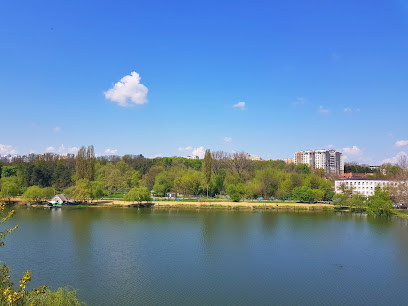
Valea Morilor Park
Explore the lush landscapes and tranquil lake at Valea Morilor Park, an urban paradise in Chișinău, Moldova, perfect for families and nature lovers.
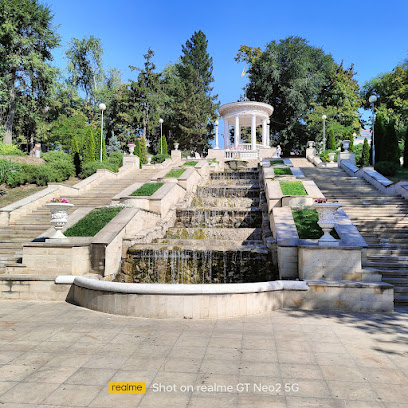
Dendrariu Park
Escape to Chișinău's Dendrariu Park: A green sanctuary with diverse flora, tranquil lakes, and peaceful pathways for nature lovers and families.
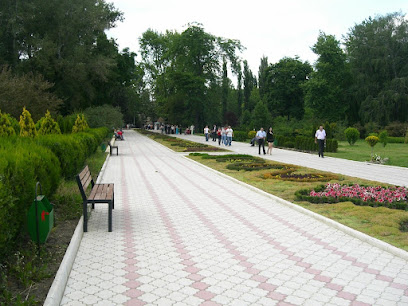
Eternity Memorial Complex
A solemn memorial in Chișinău honoring the fallen heroes of World War II and Moldova's fight for independence; a place for reflection and remembrance.
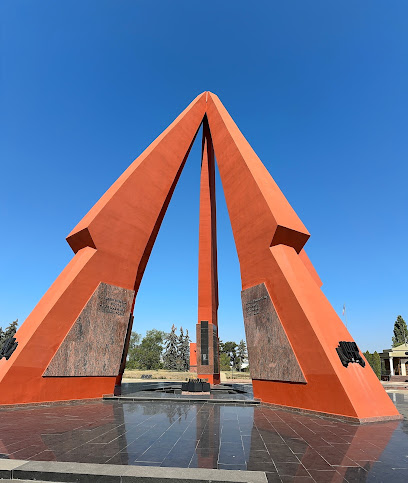
Țaul Park
Discover Țaul Park, Moldova's largest park with diverse flora, tranquil landscapes, and historic charm, a perfect escape for nature lovers and history buffs.
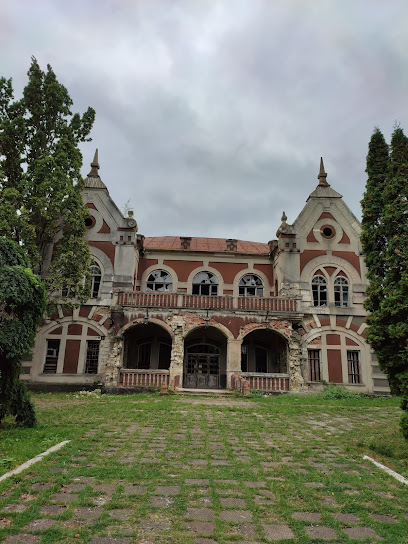
Bison Reserve
Discover Moldova's wild side: Witness the majestic European bison in their natural habitat at the Bison Reserve.
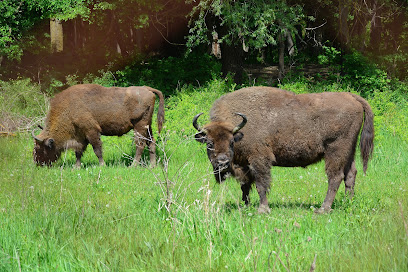
Rudi Monastery
Discover Rudi Monastery, a historic Moldovan treasure offering tranquil gardens, unique architecture, and a serene spiritual escape in a picturesque setting.
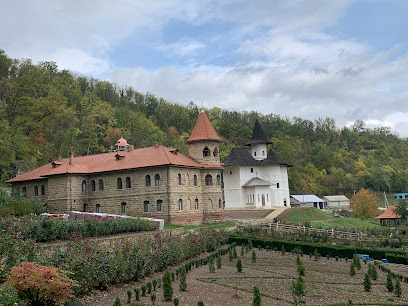
Inima Nistrului Naslavcea
Discover Moldova's northernmost point in Naslavcea, where stunning Dniester River views and untouched nature create an unforgettable escape.
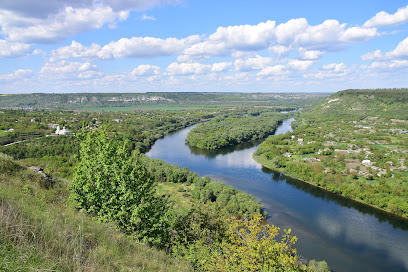
Izvorasul Verde
Discover Izvorasul Verde, a green escape in Arionești, Moldova, perfect for nature lovers and those seeking tranquility.
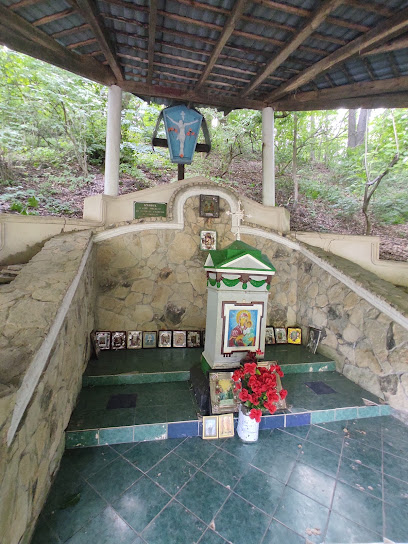
Peștera Răposaților
Explore the mystical Cave of the Departed near Rudi, Moldova, featuring unique rock formations and local legends.
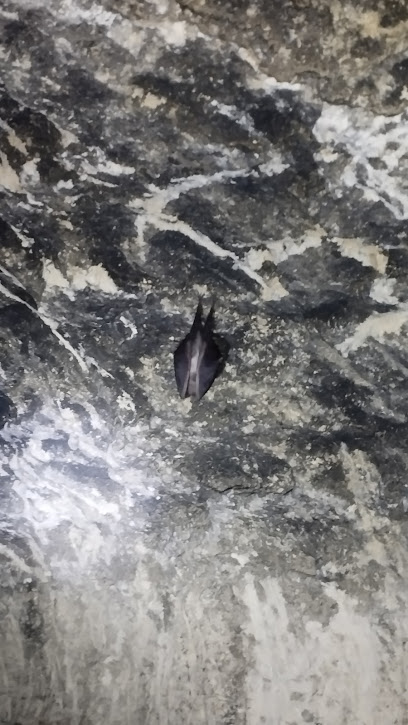
Raduti
Discover Raduti in Pepeni, Moldova: a serene escape into natural beauty and authentic Moldovan culture, traditions, and hospitality.

Cascada Bulboana
Discover the tranquil beauty of Cascada Bulboana, a hidden waterfall nestled in Moldova's Rudi-Arionești landscape reserve.
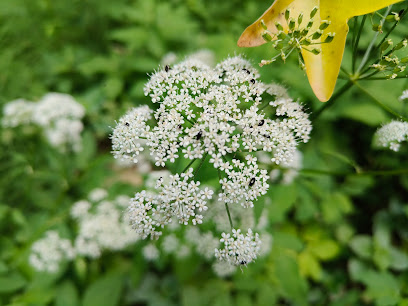
Три креста
Discover panoramic views and serene landscapes at Три креста, a tranquil landmark near Rudi, Moldova.

Unmissable attractions to see
Rose Valley Park
Experience the tranquil beauty of Rose Valley Park in Chișinău, a stunning urban oasis filled with vibrant flora and serene walking paths.
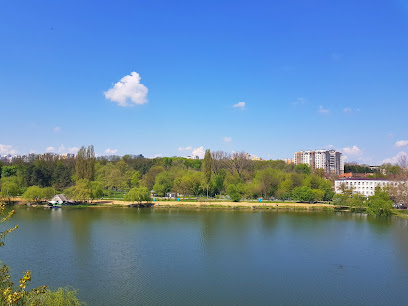
Soroca Fortress
Explore the rich history of Soroca Fortress, a stunning medieval castle overlooking the Dniester River, perfect for history enthusiasts and adventurers alike.
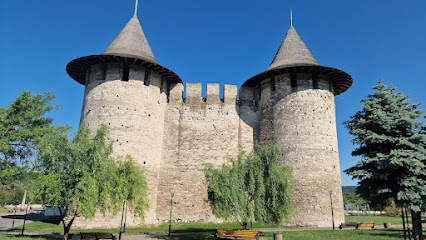
National Museum of Ethnography and Natural History
Explore Moldova's rich cultural and natural heritage at the National Museum of Ethnography and Natural History in Chisinau.
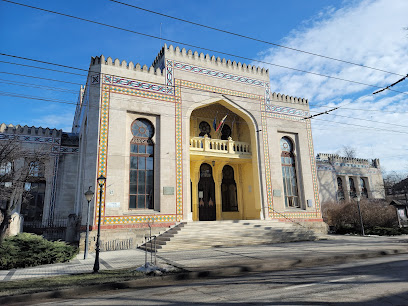
Țaul Park
Experience the breathtaking landscapes and rich biodiversity of Țaul Park, Moldova's premier national park and tourist attraction.
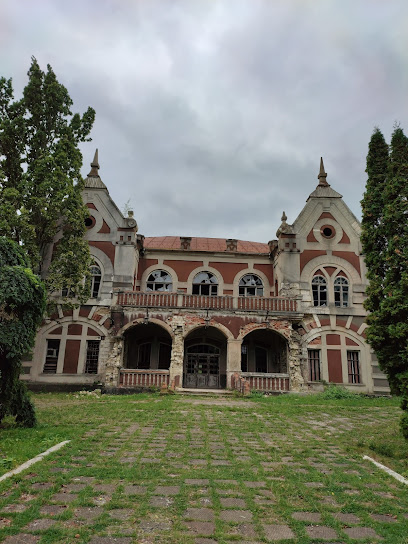
Bison Reserve
Discover the enchanting Bison Reserve in Moldova, a wildlife park dedicated to preserving the majestic European bison in their natural habitat.
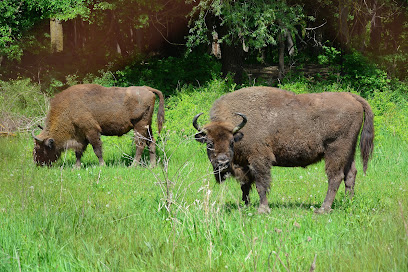
Rudi Monastery
Discover the spiritual serenity of Rudi Monastery, a stunning architectural gem in Moldova surrounded by lush forests and rich history.
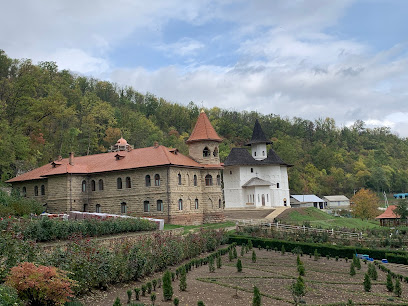
Izvorasul Verde
Explore the tranquil beauty of Izvorasul Verde in Moldova, a serene park perfect for relaxation, nature walks, and stunning views of the Nistru River.
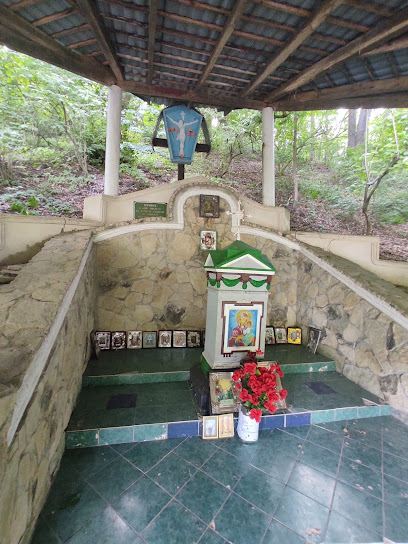
Peștera Răposaților
Explore the enchanting Peștera Răposaților in Moldova, a stunning cave filled with natural wonders and rich folklore waiting to be discovered.
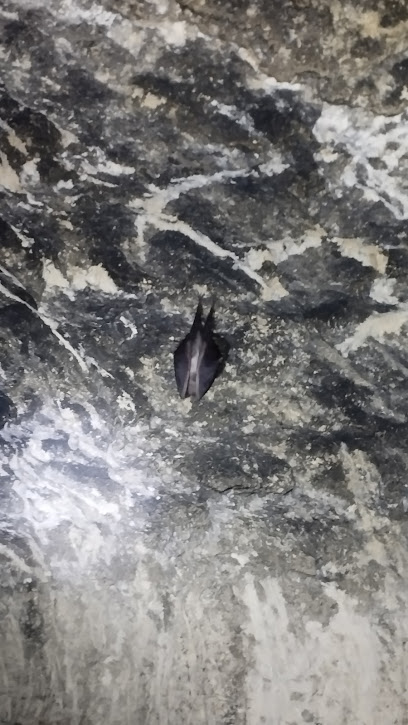
Три креста
Discover the serene beauty and spiritual significance of the Three Crosses in Rudi, Moldova, a picturesque landmark that offers breathtaking views and cultural insights.

Essential places to dine
Pegas Terrace & Restaurant
Discover the charm of European cuisine at Pegas Terrace & Restaurant in Chișinău – where great food meets breathtaking views.
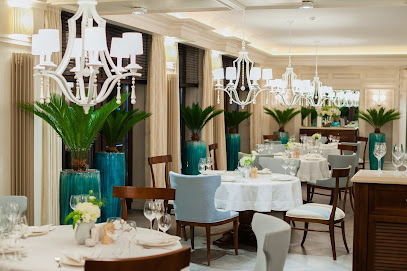
Crème de la Crème
Experience exquisite French cuisine at Crème de la Crème in Chișinău – where every meal feels like a celebration.
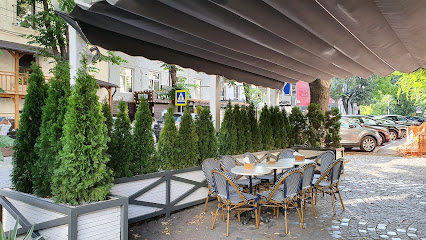
Oliva
Experience authentic Mediterranean cuisine at Oliva in Chișinău – where every meal is a celebration of flavor and hospitality.
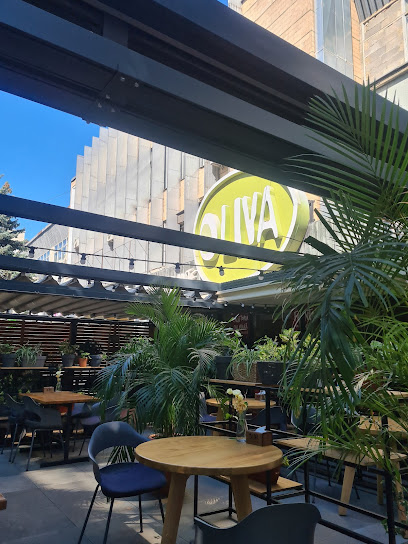
Andy's
Discover Andy's in Chișinău: A modern European restaurant serving exquisite dishes infused with local flavors and international flair.
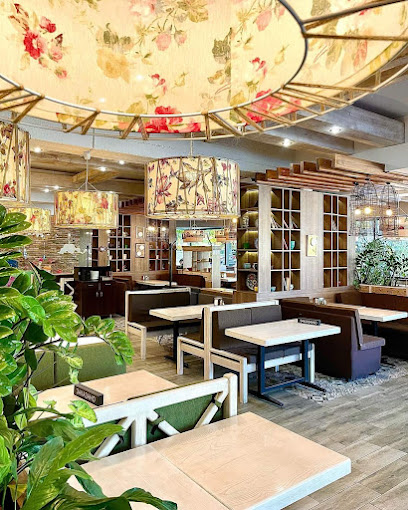
La Sarkis
Experience authentic Eastern European flavors at La Sarkis in Chișinău – where exquisite dining meets vibrant culture.
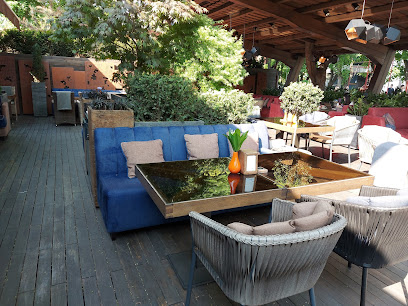
Gök-Oguz
Experience authentic Bulgarian cuisine at Gök-Oguz in Chișinău, specializing in mouthwatering mutton barbecue and traditional flavors.
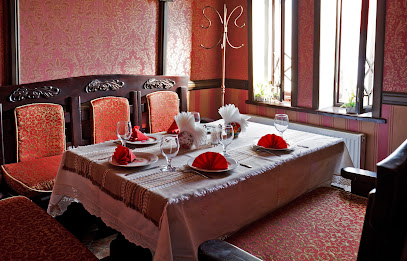
Gastrobar
Experience the best of modern European cuisine at Gastrobar in Chișinău—a must-visit gastropub for every food lover.
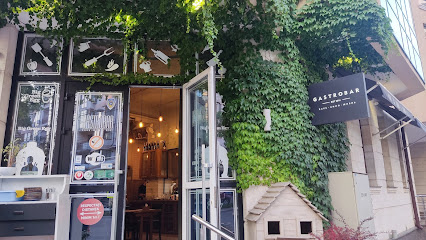
Taifas
Discover authentic Romanian cuisine at Taifas in Chișinău - where tradition meets taste in every dish.
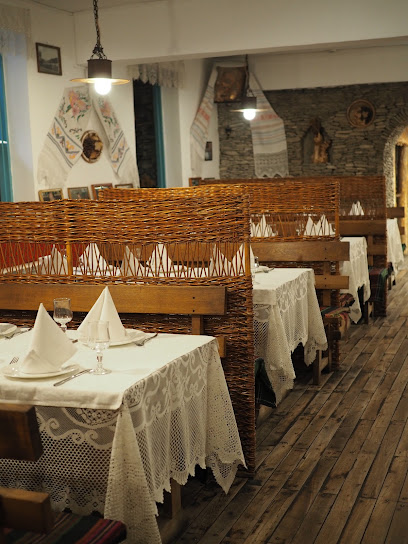
La Plăcinte
Discover the heart of Romanian cuisine at La Plăcinte in Chișinău—where every meal tells a story.
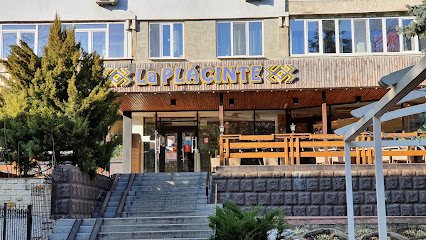
Villa Etnica
Discover authentic Moldovan cuisine at Villa Etnica in Butuceni - where tradition meets breathtaking nature.
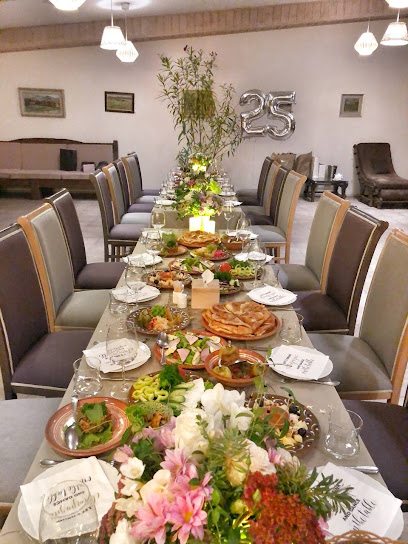
Popasul Dacilor
Experience the essence of Moldovan cuisine at Popasul Dacilor - where tradition meets taste in Chișinău.
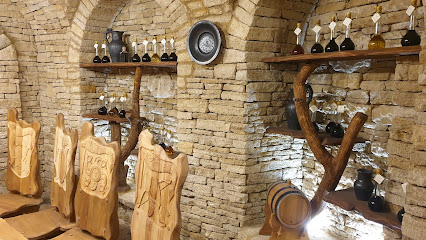
Osho Bar & Kitchen
Discover exquisite modern European cuisine at Osho Bar & Kitchen in Chișinău - where every meal is a celebration of flavor and style.
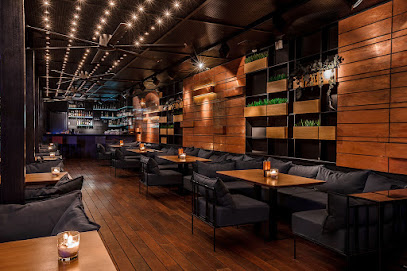
Safari
Discover the flavors of Moldova at Safari Restaurant in Orhei - where tradition meets modern cuisine.
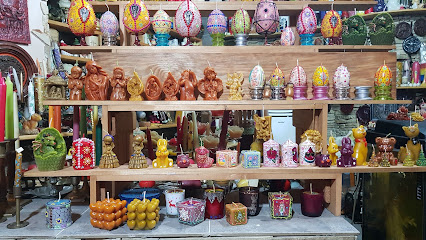
Beer House
Discover Beer House in Chișinău: A European culinary gem offering delightful dishes and an extensive selection of local beers.
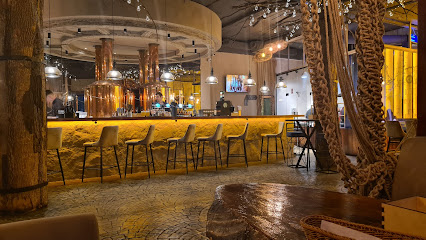
El Paso
Experience authentic Mexican flavors at El Paso in Chișinău—where every bite tells a story!
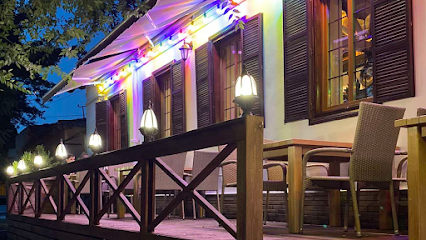
Markets, malls and hidden boutiques
Rudi Monastery
Discover the tranquility and beauty of Rudi Monastery, a stunning spiritual site nestled in the heart of Moldova, perfect for a serene getaway.
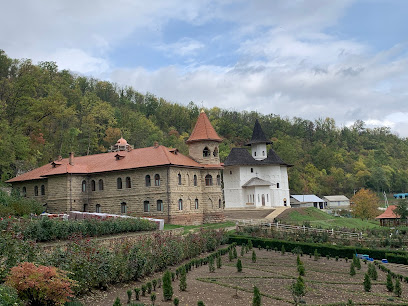
Izvorasul Verde
Explore the natural beauty of Izvorasul Verde, a serene park in Arionești, Moldova, perfect for relaxation, wildlife observation, and unforgettable memories.
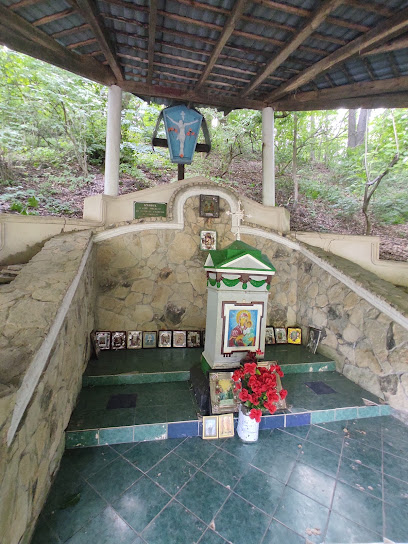
Peștera Răposaților
Discover the enchanting beauty and rich legends of Peștera Răposaților, a stunning cave in Rudi, Moldova, perfect for adventurous travelers.
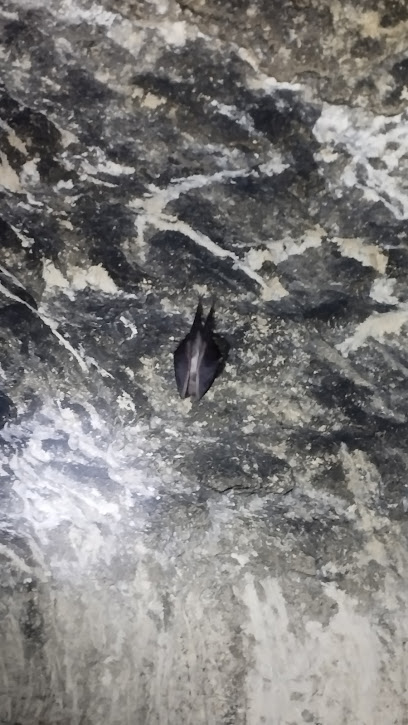
Essential bars & hidden hideouts
Eli-Pili
Discover the cozy charm of Eli-Pili, a beloved cafe in Chișinău, where exquisite coffee meets a warm atmosphere.
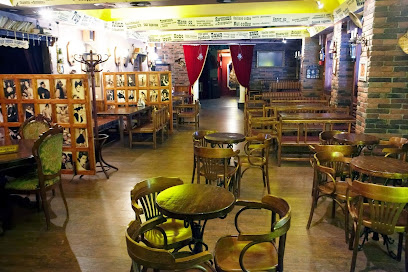
Kozlovna Ceska Pivni Restaurace
Discover the authentic flavors of Czech cuisine and beer at Kozlovna Ceska Pivni Restaurace in Chișinău – a delightful experience for every tourist.
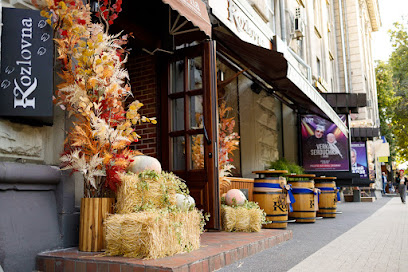
PartyZAN Game Private Club
Discover the ultimate entertainment experience at PartyZAN Game Private Club in Chișinău, featuring delicious food, cocktails, and a variety of games.
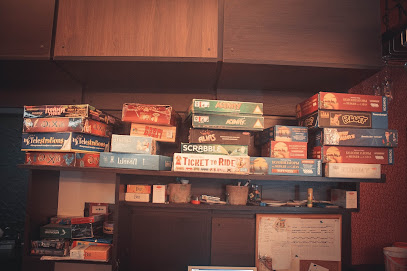
Budweiser Grill & Pub
Discover the flavors of Chișinău at Budweiser Grill & Pub, where grilled delights and craft beers await in a vibrant atmosphere.
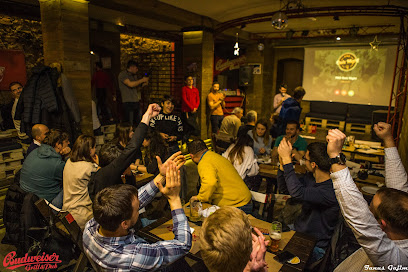
Osho Bar & Kitchen
Experience the essence of modern European dining at Osho Bar & Kitchen, where culinary creativity meets elegance in Chișinău.
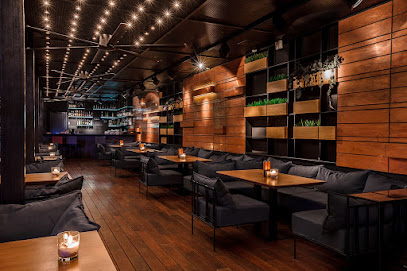
Jack's Bar & Grill
Discover the lively fusion of American cuisine and nightlife at Jack's Bar & Grill, Chișinău's vibrant destination for food and fun.

Vdrovapub
Experience the vibrant brewpub culture of Chișinău at Vdrovapub, where craft beers and live rock music await.
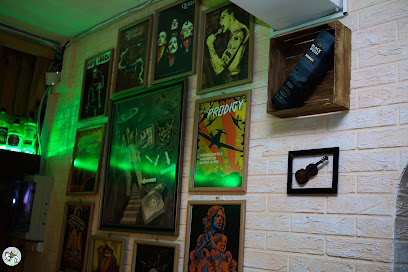
Beer House
Experience the vibrant atmosphere and authentic European dishes at Beer House, Chișinău's premier dining destination for tourists.
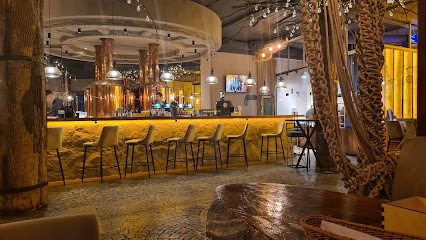
Brother's Pub
Experience the vibrant atmosphere of Brother's Pub in Chișinău, where delectable food and great drinks meet Moldovan hospitality.
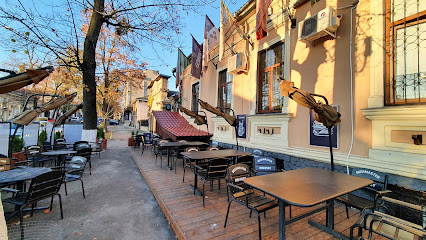
Myata Café & Bar
Explore Chișinău's culinary delights at Myata Café & Bar, where local flavors meet a cozy atmosphere for an unforgettable dining experience.
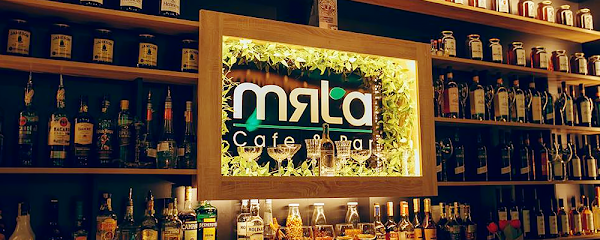
Grill House
Experience the finest steaks in Chișinău at Grill House, where flavor meets quality in a welcoming atmosphere.
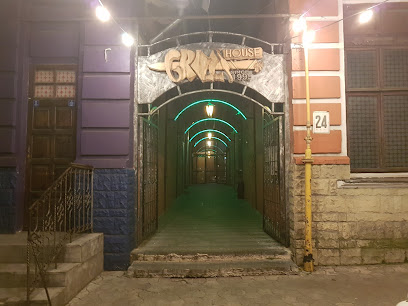
Keller Holz Gastropub
Discover Keller Holz Gastropub in Chișinău, where traditional Moldovan flavors meet modern culinary artistry in a vibrant setting.
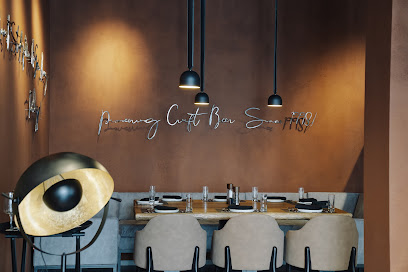
Rugby House Pub
Discover the lively Rugby House Pub in Chișinău, where local culture, delicious cuisine, and a vibrant atmosphere come together for an unforgettable experience.
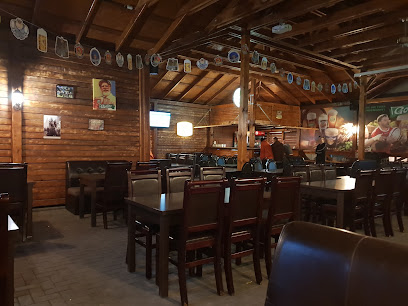
Staropramen Pub
Discover the flavors of Moldova at Staropramen Pub, where local dishes and international beers create a vibrant dining experience in Chișinău.
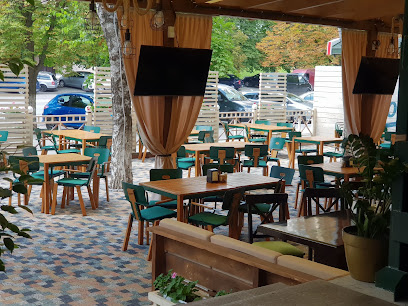
Taproom 27 - A Hoppy Place
Discover Chișinău's vibrant beer scene at Taproom 27, where craft beers and a lively atmosphere await every visitor.
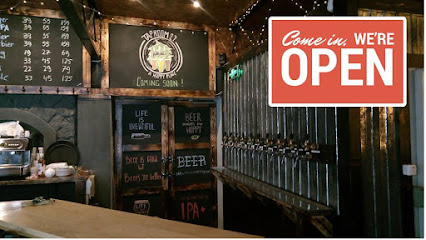
Local Phrases about Rudi-Arionești Nature Reserve
-
- HelloSalut
[sah-LOOT] - GoodbyeLa revedere
[lah reh-veh-DEH-reh] - YesDa
[dah] - NoNu
[noo] - Please/You're welcomeTe rog
[teh rohg] - Thank youMulțumesc
[mool-tsoo-MESK] - Excuse me/SorryScuzați-mă
[skoo-ZAHTZ mah] - How are you?Ce faci?
[cheh FAHCH] - Fine. And you?Bine. Și tu?
[BEE-neh. shee too] - Do you speak English?Vorbiți engleză?
[VOR-beets ehn-GLEH-zuh] - I don't understandNu înțeleg
[noo uhn-TSEH-lehg]
- HelloSalut
-
- I'd like to see the menu, pleaseAș dori să văd meniul, vă rog
[ahsh DOH-ree sah vuhd meh-NYOOHL, vuh rohg] - I don't eat meatNu mănânc carne
[noo muh-NAHNC KAR-neh] - Cheers!Noroc!
[NOH-rohk] - I would like to pay, pleaseAș dori să plătesc, vă rog
[ahsh DOH-ree sah PLAH-tesk, vuh rohg]
- I'd like to see the menu, pleaseAș dori să văd meniul, vă rog
-
- Help!Ajutor!
[ah-ZHOO-tohr] - Go away!Du-te!
[doo-teh] - Call the Police!Sună la poliție!
[SOO-nuh lah po-LEET-zyeh] - Call a doctor!Sună un doctor!
[SOO-nuh oon dohk-TOHR] - I'm lostM-am pierdut
[mahm pyehr-DOOT] - I'm illSunt bolnav
[soont bohl-NAHV]
- Help!Ajutor!
-
- I'd like to buy...Aș dori să cumpăr...
[ahsh DOH-ree sah KOOM-puhr] - I'm just lookingDoar mă uit
[doh-ahr muh ooit] - How much is it?Cât costă?
[kaht KOHS-tuh] - That's too expensiveEste prea scump
[ehs-teh preh-ah skoomp] - Can you lower the price?Puteți să micșorați prețul?
[poo-TEHTS sah meek-shoh-RAHTS prehts-OOL]
- I'd like to buy...Aș dori să cumpăr...
-
- What time is it?Cât este ceasul?
[kaht EH-steh CHYAH-sool] - It's one o'clockEste ora unu
[ehs-teh OH-rah oo-NOO] - Half past (10)La jumătate (zece)
[lah zhoo-MAH-tah-teh (ZEH-cheh)] - MorningDimineața
[dee-mee-NEHTZ-ah] - AfternoonDupă-amiază
[doo-puh ah-MYAH-zah] - EveningSeara
[seh-AH-rah] - YesterdayIeri
[YE-ehr] - TodayAstăzi
[ah-STUHZ] - TomorrowMâine
[MUH-ee-neh] - 1Unu
[oo-noo] - 2Doi
[doy] - 3Trei
[treh-ee] - 4Patru
[PAHT-roo] - 5Cinci
[CHEEN-chee] - 6Șase
[shah-seh] - 7Șapte
[SHAHP-teh] - 8Opt
[opt] - 9Nouă
[noo-uh] - 10Zece
[ZEH-cheh]
- What time is it?Cât este ceasul?
-
- Where's a/the...?Unde este unul/una/...
[OON-deh EH-steh OON-ool/OO-nah/...] - What's the address?Care este adresa?
[KA-reh EH-steh ah-DREH-sah] - Can you show me (on the map)?Puteți să-mi arătați (pe hartă)?
[poo-TEHTS suh-mee ah-RAH-tats (peh HAR-tuh)] - When's the next (bus)?Când este următorul (autobuz)?
[KAHND EH-steh oor-MAH-toh-rool (ow-toh-BOOZ)] - A ticket (to ....)Un bilet (spre ....)
[oon BEE-let (spreh ....)]
- Where's a/the...?Unde este unul/una/...
History of Rudi-Arionești Nature Reserve
-
The Rudi-Arionești Nature Reserve is home to traces of ancient human settlements that date back to the Neolithic period. Archaeological discoveries have unearthed pottery, tools, and remnants of early agricultural practices, indicating that early humans found the region's fertile land and abundant resources ideal for settlement.
-
During the medieval period, the area now known as Rudi-Arionești was part of various principalities and kingdoms. It was strategically important due to its location near the Dniester River, which served as a crucial trade route. Historical records mention fortified structures and small communities that thrived by engaging in trade and agriculture.
-
One of the most significant historical landmarks within the reserve is the Rudi Monastery, founded in 1777 by the monk Andronik Suruceanu. The monastery complex is an architectural marvel, featuring elements of Moldovan medieval architecture blended with influences from the Balkans and Byzantium. It served as a religious and cultural center for the surrounding communities and played a vital role in the spiritual life of the region.
-
During the Soviet era, the Rudi-Arionești region underwent significant changes. The state promoted the establishment of collective farms (kolkhozes) and implemented extensive agricultural projects. The natural landscape was altered to accommodate these developments, but the region's rich biodiversity and historical sites remained largely intact due to its designation as a nature reserve in 1972.
-
In the post-Soviet era, efforts to conserve the unique ecological and historical heritage of Rudi-Arionești intensified. The reserve gained recognition for its rich biodiversity, including rare and endangered species of flora and fauna. Conservation programs were implemented to protect the natural environment, historical landmarks, and promote eco-tourism. The reserve has since become a model for sustainable natural and cultural preservation in Moldova.
Rudi-Arionești Nature Reserve Essentials
-
Rudi-Arionești Nature Reserve is located in the northern part of Moldova, near the village of Rudi. The nearest major city is Soroca, approximately 45 kilometers away. The closest international airport is Chișinău International Airport, about 200 kilometers from the reserve. From Chișinău, you can rent a car or take a bus to Soroca. From Soroca, local taxis or buses can take you to Rudi-Arionești Nature Reserve.
-
Within the Rudi-Arionești Nature Reserve, walking is the best way to explore its natural beauty. For longer distances, local taxis and buses are available. Renting a car is also a convenient option for exploring the surrounding areas. Keep in mind that road conditions can vary, so a vehicle with good ground clearance is recommended.
-
The official currency in Moldova is the Moldovan Leu (MDL). Credit cards are accepted in some hotels and restaurants, but it is advisable to carry cash, especially in rural areas like Rudi-Arionești. ATMs are not always readily available, so withdrawing sufficient cash in major cities before heading to the reserve is recommended.
-
Rudi-Arionești Nature Reserve is generally a safe area for tourists. However, standard precautions should be taken. Avoid walking alone at night and keep an eye on your belongings. There are no specific high-crime areas targeting tourists, but it is always best to stay vigilant. Petty theft can occur, especially in crowded places.
-
In case of an emergency, dial 112 for immediate assistance. The nearest medical facilities are located in Soroca. It is highly recommended to have travel insurance that covers medical emergencies. For minor health issues, there are pharmacies in Soroca where you can purchase over-the-counter medications.
-
Fashion: Do dress modestly, especially when visiting religious sites within the reserve. Avoid wearing overly revealing clothing. Religion: Do respect local religious customs. When visiting churches or monasteries, cover your head and dress conservatively. Public Transport: Do be respectful and offer your seat to elderly passengers. Don't eat or drink on public transport. Greetings: Do greet people with a handshake and a smile. A friendly greeting in Romanian, such as 'Bună ziua' (Good day), is appreciated. Eating & Drinking: Do try local Moldovan dishes and accept food offerings graciously. Don't refuse hospitality, as it is considered impolite.
-
To experience Rudi-Arionești Nature Reserve like a local, take the time to interact with the villagers in Rudi. They are often willing to share stories about the area's history and cultural heritage. Visit the Rudi Monastery, a significant historical and spiritual site. Don't miss the opportunity to hike along the reserve's trails, which offer stunning views of the landscape. For a unique experience, participate in local festivals and events if your visit coincides with them.
Nearby Cities to Rudi-Arionești Nature Reserve
-
Things To Do in Orhei
-
Things To Do in Iasi
-
Things To Do in Khmelnytskyi
-
Things To Do in Suceava
-
Things To Do in Chernivtsi
-
Things To Do in Chișinău
-
Things To Do in Tiraspol
-
Things To Do in Ternopil
-
Things To Do in Ivano-Frankivsk
-
Things To Do in Focsani
-
Things To Do in Kyiv
-
Things To Do in Kropyvnytskyi
-
Things To Do in Lutsk
-
Things To Do in Lviv
-
Things To Do in Cherkasy






